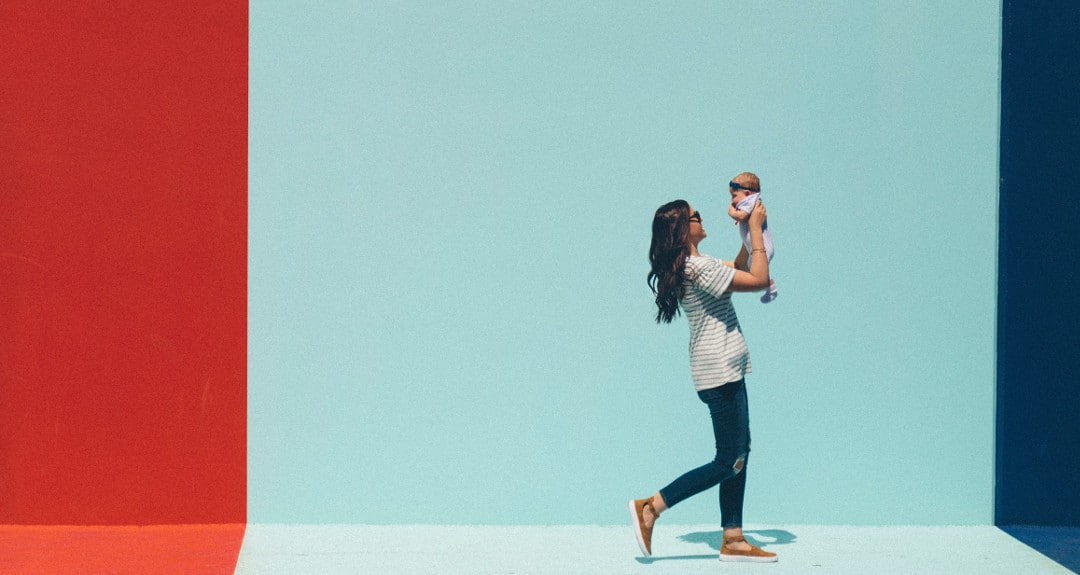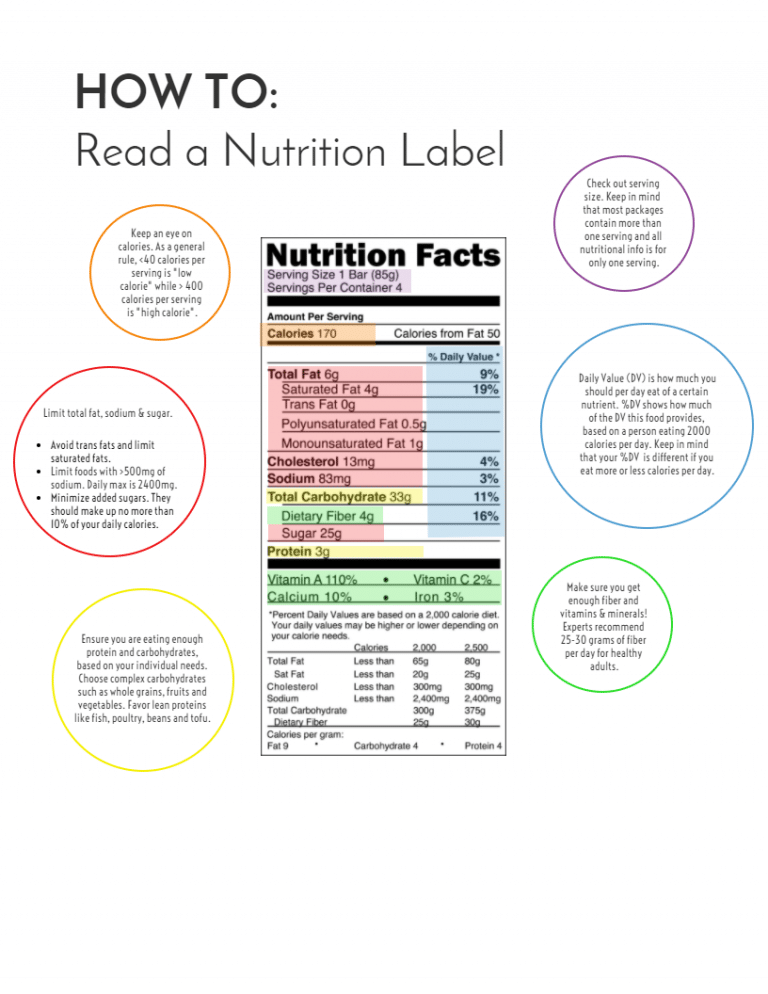How to Lose Weight While Breastfeeding
There’s lots of information out there the benefits of breastfeeding for babies, but did you know that it’s also incredibly useful for you: the mom? Producing breast milk 24/7 takes a lot of energy, so it’s an efficient and completely-natural way to start losing some of that extra baby weight! Here we’ll discuss the demands that milk production places on your body and how to lose weight while breastfeeding.
Does Breastfeeding Help You Lose Weight?
Yes, breastfeeding can help you lose weight. The combination of beneficial hormones and the fact that you need about 500 extra calories per day to produce breast milk makes feeding your baby an effective, natural way to start losing weight after pregnancy.
Helpful Hormones
Oxytocin, the feel-good hormone responsible for bonding and the let-down reflex, also promotes uterine contractions. While these “after pains” can be painful, especially in the first few days after birth, they help your uterus return to its non-pregnant size faster.
The average women gains about two pounds of extra weight from her uterus expanding during pregnancy. The weight loss associated with a shrinking uterus may not impress you, but getting your uterus back to its pre-pregnancy size will help your tummy look and feel much flatter in the first couple months after birth.
Energy for Milk Production
The more significant reason that breastfeeding helps you lose weight, however, is the calorie burn! During pregnancy, your body builds-up extra fat stores to prepare for breastfeeding. As you breastfeed during your baby’s first months of life, you begin to burn through these extra stores of fuel.
Milk production requires about 300-500 extra calories per day.
For a 160-pound woman, that’s about the same number of calories burned:
✅ Walking for 55-90 minutes
✅ Jogging for 30-45 minutes
✅ Cycling for 35-60 minutes
✅ Swimming for 35-60 minutes
✅ Doing boot camp for 35-60 minutes
Once you put in perspective, 300-500 calories is a lot to burn-off solely through producing milk to feed your baby!
In fact, if you change nothing else about your diet or exercise routine, 500 calories per day adds-up to 3500 calories per week: the number of calories in one pound of fat. That means, theoretically, that you could expect to lose one pound per week extra solely through breastfeeding and following a healthy diet, which is the recommended weight loss for most new mothers.
Losing Weight While Breastfeeding
Most experts recommend that breastfeeding mothers lose no more than one pound (or half a kilogram) per week. Losing too much weight too fast makes it hard for you to keep your energy up as a new mom, which makes it even harder to care for your baby and yourself. Going to extremes with over-restriction or over-exercising can also harm your health and decrease milk production. Very strict diets, including many fad diets, may also threaten the availability of specific nutrients – like iodine, B12 or calcium – in the breast milk.
For all of these reasons, its best to wait at least 6-8 weeks (or until your postnatal check-up) before actively trying to lose weight after childbirth. While you may not lose much in these first couple months, research shows that mothers who breastfeed experience a significant increase in fat-burning and weight loss after 3-6 months that helps them lose more weight than moms who didn’t breastfeed. Still, if you’re concerned about your weight when you go-in for your check-up, that appointment is a great time to speak with a health professional about the best diet to lose weight while breastfeeding.

Diet to Lose Weight While Breastfeeding
There is no specific, best diet to lose weight while breastfeeding. Instead, focus on eating a wholesome, balanced diet.
How Much to Eat
The number of calories that you should eat while breastfeeding depends on your individual needs. Factors that impact recommended intake include:
- Weight before pregnancy
- Weight gained during pregnancy
- Activity level
- Basal metabolic rate
Most woman need about 2000 calories a day to maintain their weight. Still, the best guide to determine how much YOU need is listening to your body. Breastfeeding tends to build-up a big appetite, so if you’re hungry – eat! Just make sure you’re fueling your body (and you baby’s) with healthy foods.
What to Eat
Eating a healthy, balanced diet is always advisable, and it’s even more important when you’re breastfeeding. Aim to include:
🍛 Whole grains
8-9 servings per day. Look for grains that are high in fiber to modulate blood sugar, support weight loss and promote digestion.
🥗 Fruits & Vegetables
5+ servings per day. Favor whole fruits over juices or purees to get extra fiber. Include all different colors of produce to help you consume a wider range of vitamins.
🍲 Lean proteins
2-3 servings per day. Choose lean proteins like turkey, chicken, fish (in moderation if high in mercury), eggs, beans and tofu. Opt to grill, sauté or bake proteins to cut-down on unnecessary fat and calories.
🥙 Healthy fats
1-2 servings per day. Unsaturated fats – such as those contained in avocados, nuts and olive oil – are healthy in moderation. Try to swap dietary sources of unhealthier saturated fat (e.g. butter, cheese, etc.) for healthier fats.
🍜 Low-fat dairy (unless your baby is intolerant)
2-3 servings per day. Calcium and vitamin D are critical nutrients while breastfeeding, and dairy is a good source of both. Choose lower-fat options when possible.
What to Minimize
The general rule is that you can eat and drink everything in moderation while breastfeeding. However, certain foods should be limited or avoided, especially just before feedings.
🍸 Alcohol
One alcoholic drink takes about 2 hours to pass through your system. Babies’ livers are very immature and cannot process liquor, so it’s important to make sure alcohol has cleared from your system before feeding or pumping. If you’re baby’s eating schedule is still irregular or frequent, or if you’re planning to have more than one drink, consider pumping ahead of time to ensure your baby has plenty of food while the alcohol clears from your system.
☕ Caffeine
Drinking too much coffee or other caffeinated drinks can make your baby fussy or restless. Limit caffeine to 200-300mg per day, or about 2-3 cups of coffee. If your baby still seems jazzed with even this minimal caffeine consumption, consider switching to decaf or eliminating caffeine completely.
🍟 Junk Food
Even though it may be tempting to reach for quick snacks like chips, candy or fast food when you’re exhausted, try to keep unhealthy fats, simple carbs and added sugars to a minimum. Breastfeeding increases appetite and sleep deprivation reinforces cravings, so lots of new moms find themselves snacking throughout the day. Set yourself up for success by packing healthy bites like fruit, veggies or whole grain crackers/bars to snack on when you get hungry.
What do you think? Share your questions, comments, thoughts and experiences with us in the comments section below!






